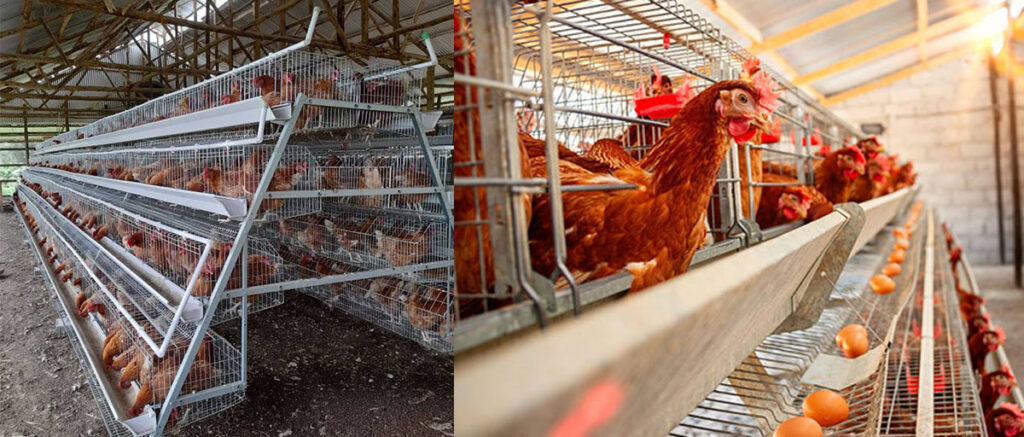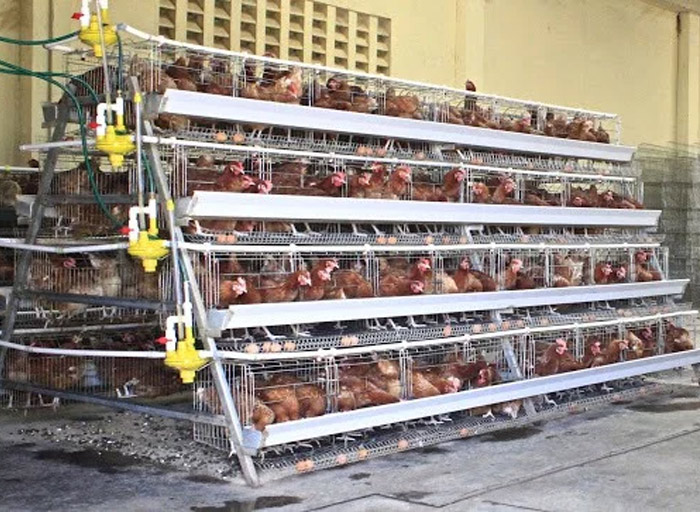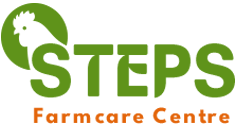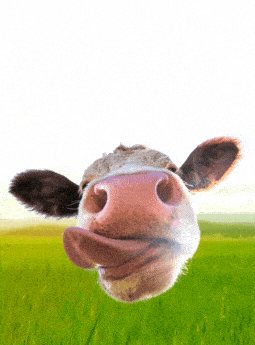Selecting the Best Chicken Cages for Efficient Egg Farming

Selecting the right chicken cage for your egg farming venture is crucial for the well-being of your hens and the success of your operation. Here’s a comprehensive guide to help you make an informed decision:
Understanding Types of Chicken Cages
- RTL (Ready To Lay) Cages: These cages are specifically designed for egg-laying hens, offering a safe and productive environment. They come in fixed and removable types, with the latter being easier to clean and maintain.
- Layer Cage Design: Opt for cages that provide comfort and security for layers, with essential accessories like feeders, waterers, perches, and nest boxes.
- Material Quality and Durability: High-quality materials like galvanized steel resist rust and corrosion, ensuring longevity and robustness.
- Cage Systems: Familiarize yourself with different cage systems like battery cages, enriched cages, colony cages, and free-range systems, each offering various benefits and challenges.
Ready To Lay) Cages:
Ready To Lay (RTL) cages are specialized housing systems designed for egg-laying hens, particularly those that are about to start or are already laying eggs. These cages are structured to provide a conducive environment for the hens to lay eggs efficiently while ensuring their safety and well-being. Here’s a more detailed look into RTL cages:
Types of RTL Cages
- Fixed RTL Cages: These are permanent installations in a poultry facility. They are typically designed for a specific number of hens and are not easily movable. This type of cage is suitable for larger, more stable egg production operations.
- Removable RTL Cages: Unlike fixed cages, these can be moved or removed, which is useful for cleaning and maintenance. They’re often used with conveyor systems for efficient egg collection.
- Alternative Cage-Free Housing: This category includes free-range or aviary-style housing, which allows hens more freedom of movement. Though not traditional cages, these systems represent a growing trend towards more humane poultry farming practices.
Considerations for RTL Cages
- Regulations and Standards: It’s crucial to choose cages that meet regional and country-specific standards for poultry housing.
- Compatibility with Farm Equipment: The cages should be compatible with existing equipment and feeding systems on the farm for efficient operations.
- Maintenance Requirements: Regular inspection and cleaning are essential for the longevity of the cages and the health of the hens.
Advantages of RTL Cages
- Enhanced Safety: These cages provide a controlled environment, reducing the risk of injury to hens.
- Increased Productivity: By offering a designated laying area, RTL cages can boost egg production efficiency.
- Cost-Effectiveness: Properly maintained RTL cages can reduce operational costs in the long run.

General Considerations for Cages
- Bird Welfare and Health: Ensure sufficient space, ventilation, and ease of cleaning. Overcrowded cages can cause stress and health issues.
- Cost and ROI: While quality cages may have a higher initial cost, they provide long-term benefits like increased egg production and reduced labor costs.
- Egg Collection and Maintenance: Choose cages that facilitate easy egg collection and maintenance. Regular cleaning and inspection are vital for a healthy flock.
- Regulations and Standards Compliance: Adhere to kenyan and international standards and regulations for poultry housing and welfare.
Best Practices for Chicken Layer Cages
- Ensure proper sizing and adequate ventilation.
- Provide nesting boxes and maintain hygiene and cleanliness.
- Offer balanced nutrition and constant access to clean water.
- Regularly monitor the health of your chickens.
- Comply with local regulations regarding poultry housing and welfare.
For farmers in Nairobi, Kenya, Steps Farmcare Centre, located at Mfangano Street, Terry House, Rainbow Hotel building, 3rd floor, room 138, offers a range of poultry equipment, including egg-related products. They can be a valuable resource for sourcing high-quality chicken cages and other poultry farming necessities (Phone: 0704 874427).
Disclaimer; The information provided in this blog is for general informational and educational purposes only. The content is not intended to be a comprehensive guide or a substitute for professional advice. While efforts have been made to ensure the accuracy and timeliness of the information, the field of poultry farming is subject to changes in practices, standards, and regulations. Therefore, readers are encouraged to consult with local agricultural experts and authorities for specific advice and guidelines tailored to their individual circumstances. The references and resources mentioned are a starting point for further exploration and should not be considered an endorsement of any particular method, practice, or product. The author and publisher of this blog disclaim any liability in connection with the use of this information.


